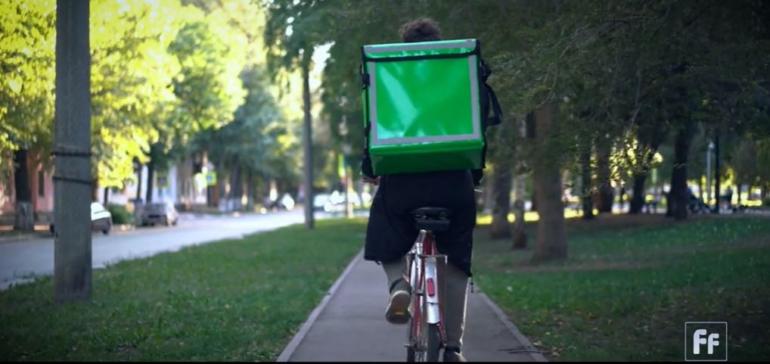The COVID-19 pandemic is an unexpected crisis that’s impacting lives, and livelihoods around the world.
However, it’s also bringing new ideas and new ways of getting jobs done. All around the world, the coronavirus pandemic is causing people to confront a new reality and find new ways of doing things — including how to do their jobs.
According to The World Economic Forum’s ‘Future of Jobs Report 2020’, companies will transform tasks, jobs and skills by 2025. Forty-three percent of businesses surveyed said they plan to reduce their workforce. And, 41% say they plan to expand their use of contractors for task-specialized work. And, by 2025, the time spent at work by both humans and machines will be equal.
The events of the past year have disrupted education, society and work. In this week’s Full Frame, host Mike Walter talks with platform economy expert, Arun Sundararajan about where we go from here.
Follow Arun Sundararajan on Twitter @digitalarun
In the United States, more than one in three workers engage in gig work. During the pandemic, many of these on-demand services dwindled or went away completely. We meet Travis Houze, a gig worker who shares his experience of making a living during the pandemic.
Follow Travis Houze on Twitter @TravisHouze
The coronavirus pandemic has brought change to the world in previously unimaginable ways. When it comes to business, many companies have turned to innovation and creativity to stay afloat. Today’s global business is facing disruptions like never before. How they adapt will determine if they survive.
In the second part of his interview, New York University’s Stern School of Business Professor Arun Sundararajan shares his vision for the future of work.
 CGTN America
CGTN America

